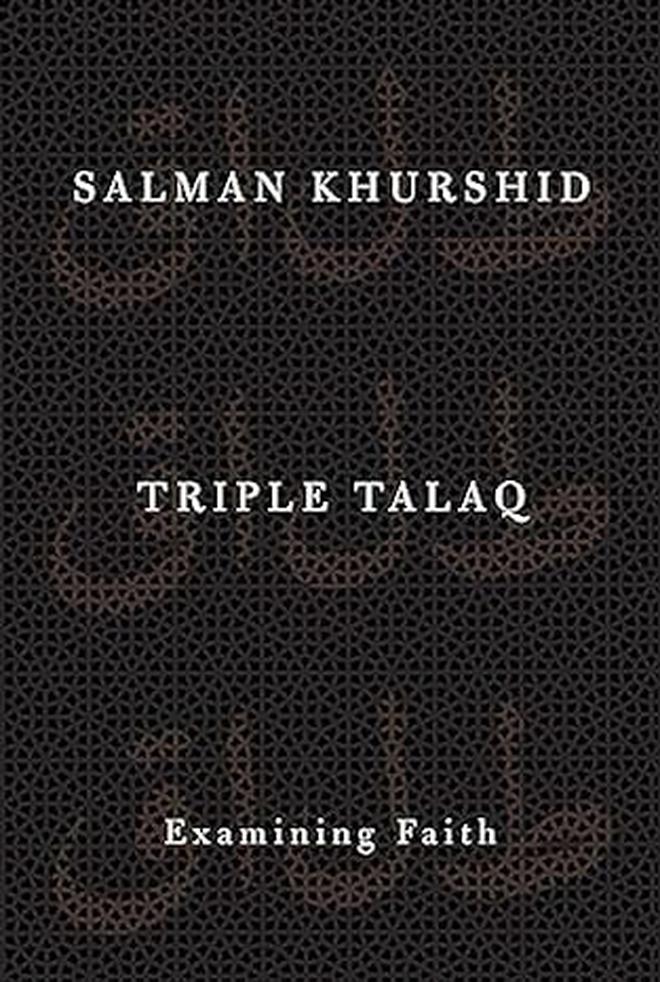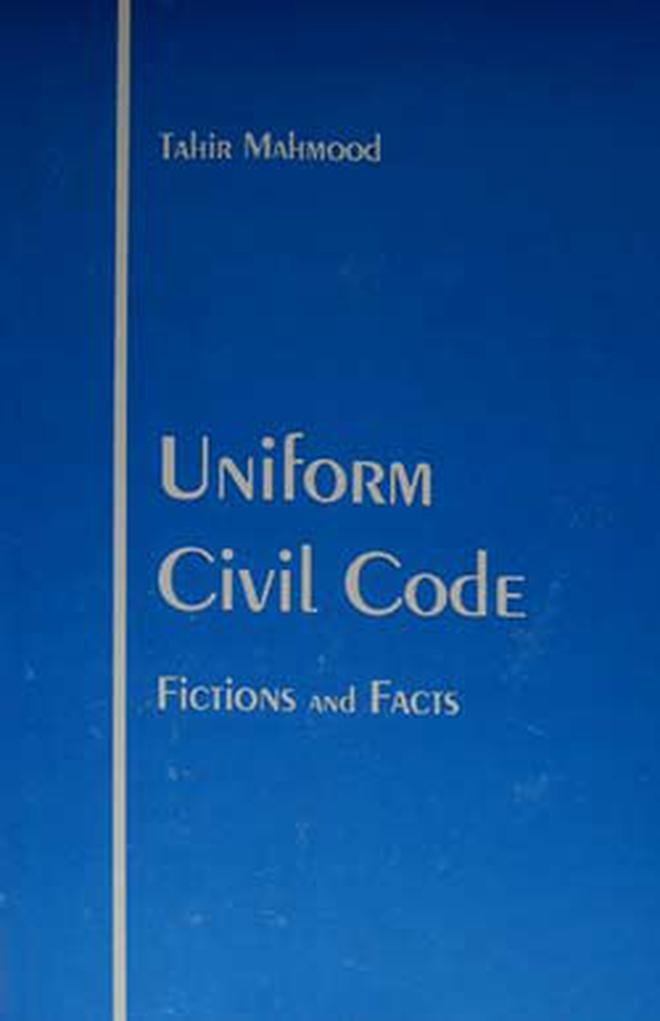Last week, the Assam Government quietly repealed the Assam Muslim Marriages and Divorces Registration Act, 1935. Following the decision, Muslim marriage or divorce registration can happen only through the Special Marriage Act. The decision was widely criticised in political circles, but the fact remains that the Muslim personal law, and inevitably, Muslim marriage, divorce, maintenance and inheritance, have been in the public eye in recent years. They have all been the subject of study for academics and authors alike, ranging from Asghar Ali Engineer who analysed the Muslim personal law threadbare through a series of writings to seasoned legal writer Tahir Mahmood whose works on the subject manifest his redoubtable scholarship, and, of course, Salman Khurshid who has never shied away from putting pen to paper when it comes to Muslim issues.
Various options
There are a couple of books by Khurshid which merit abiding attention. In his book, Triple Talaq, Khurshid talks of the possible political repercussions of the Supreme Court verdict in the Shayara Bano versus the Union of India case, popularly called the Triple Talaq judgment.

Without equivocating, Khurshid writes, “There are people on one hand who selectively choose aspects of the judgments to advance some political goal…In recent years, perhaps as the outcome of intensively divisive politics, a growing number of people have misgivings about Islam….Perhaps this judgment, building upon the earlier one of Justice Badar Ahmed of the High Court of Delhi in the Masroor Ahmed case, will somewhat clear the air. However, there is much that remains untouched for the present, such as nikah halala and polygamy, both of which are grievously misunderstood, and perhaps even misused.”

Talking of various form of divorce options in Islam, Furqan Ahmed puts it lucidly in Triple Talaq: An Analytical Study, “In Islam, matrimonial alliance is a social contract. It can be dissolved when it ceases to serve the values and purpose of living and co-existing together. A deeper study of the institution of marriage and divorce in Islam shows that the marital tie is to be respected and to be continued till the possible extent....The dissolution is a last resort. When the dissolution is initiated by the husband it is known as talaq. When it happens at the instance of wife it is termed as khula. When the parties mutually agree for it, it is referred to as mubarat. On certain grounds, court orders to dissolve the marriage. This form of divorce is known as faskh. The Dissolution of Muslim Marriages Act, 1939 provides nine grounds on the basis of which a woman can seek divorce from the court.”
Writing in ‘Religion and Law Review’ (published by Institute of Objective Studies), Lucy Carroll reiterates, “All schools of classical Islamic law recognise that the husband has a right to dissolve the marriage extra-judicially by the unilateral pronouncement of talaq. They also recognise other means of extra-judicial termination of marriage in the khula and mubarat form of divorce through mutual consent.” Carroll, however, believes, the husband’s consent is necessary for khula, something other luminaries do not always agree with.
Unconditional rights
Among them is Tahir Mahmood who writes in Uniform Civil Code: Fictions and Facts, “Islamic law effects a beautiful equilibrium between the divorce rights of men and women. It is a great folly that we have practically withdrawn from our women the right of khula, little caring for the fact that denying them this right on a footing equal to talaq, is absolutely un-Islamic....The women’s right to khula is, like a man’s right to talaq, wholly unconditional.”

Khurshid in Triple Talaq talks of the contentious Shah Bano verdict too, quoting from Surah Baqarah, verse 241 on maintenance allowance for divorced women. He writes dispassionately about Mahr, and how a woman is entitled to it in lieu of consideration for marriage besides referring to the ‘beard Hadith’ case decided by Justice Thakur in 2016. Incidentally, right since that case, which ruled that Muslims working in the Indian Air Force cannot grow a beard, various aspects of Muslim law have been argued in the Supreme Court. In 2017, we had the Triple Talaq case by a five-judge Bench headed by Justice Khehar followed by the Babri Masjid case in 2019. The final verdict is awaited in the women’s entry to masjid case while petitions on nikah halala and polygamy are still pending.
Be it in the legal arena or literary circles, various aspects of Muslim lives are under scrutiny. As Tahir Mahmood writes in From the Heart (a collection of his speeches compiled by Saif Mahmood), “Today, in our beloved country, minorities feel and actually find themselves insecure. It is tragic that in our sacred land…established rights of minorities are now being observed only in violation — and the pious norm of the protection of rights of minorities continues to be denigrated as ‘appeasement’ of minorities.”
That, however, is only one facet. The other is quoted by Mahmood himself, writing, “The tragedy of the Muslim society today is that it is rightfully proud of its glorious law on women’s rights but at the same time blissfully oblivious to the nearly total supersession of that law by actual practice.”







